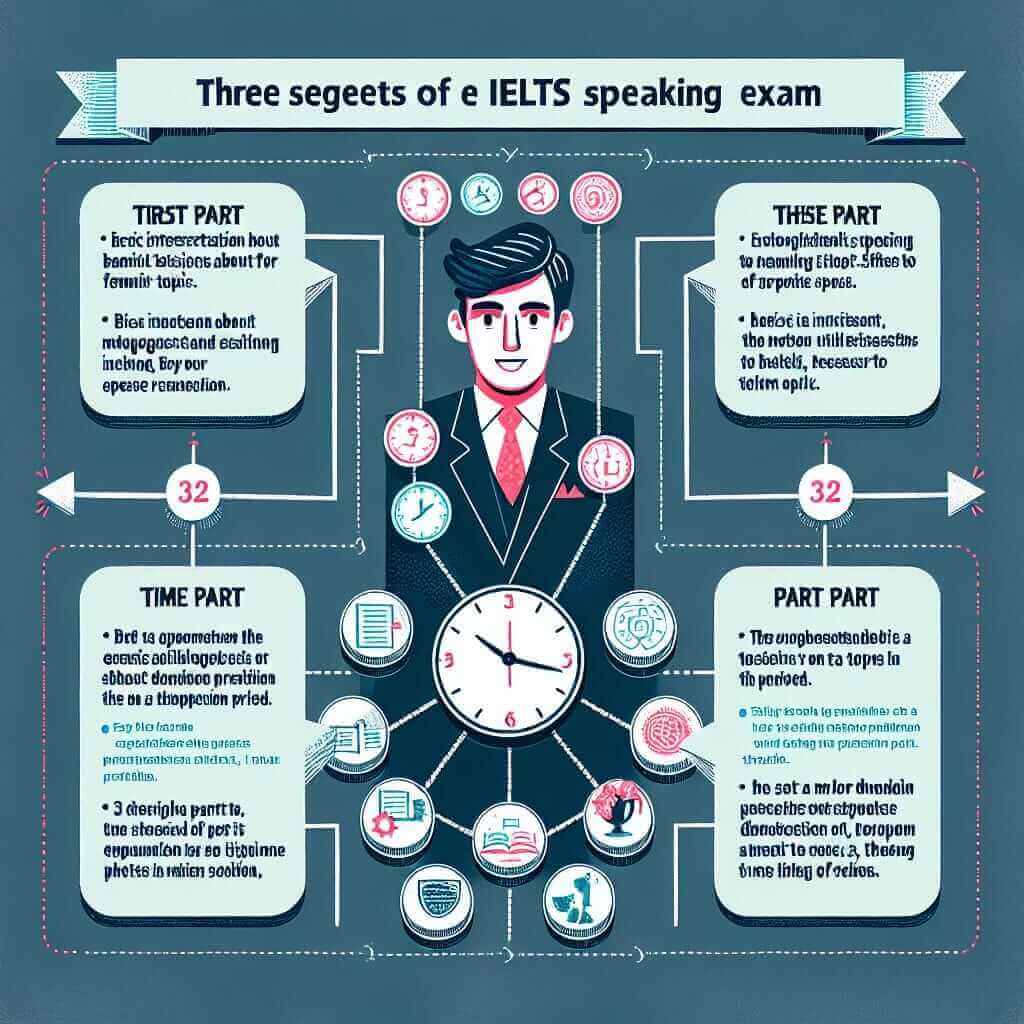Achieving a high band score in the IELTS Speaking test is a common goal for many test-takers. This section is critical because it evaluates not only your command of the English language but also your ability to communicate effectively. In this article, we will explore strategies to help you excel in this crucial part of the IELTS exam.
Understanding IELTS Speaking
The IELTS Speaking test is structured to evaluate various aspects of your speaking abilities, including fluency, coherence, grammatical range, accuracy, lexical resource, and pronunciation. The test is divided into three parts:
- Part 1 (Introduction and Interview): You will answer general questions about yourself, your home, family, studies, and interests.
- Part 2 (Long Turn): You will be given a task card with a topic. You will have one minute to prepare and then speak for two minutes.
- Part 3 (Discussion): You will engage in a discussion with the examiner related to the topic in Part 2.
Strategies for a High Band Score
Fluency and Coherence
Fluency and coherence are critical in showcasing your ability to maintain a smooth, logical flow of speech.
Example: Instead of pausing frequently, aim to connect ideas seamlessly.
- Use linking words and phrases: (e.g., “Firstly,” “On the other hand,” “In addition,” “To sum up”).
- Practice speaking in full, coherent sentences rather than fragmented thoughts.
Lexical Resource
Your range of vocabulary plays a crucial role in your speaking performance.
Example: Instead of using basic words like “good,” try more advanced synonyms like “excellent” or “outstanding”.
- Learn and use idiomatic expressions: (e.g., “the ball is in your court,” “barking up the wrong tree”).
- Broaden your vocabulary: Engage in reading diverse materials and practice integrating new words.
Grammatical Range and Accuracy
A robust command of English grammar is essential for a high band score.
Example: Use a variety of sentence structures, such as complex and compound sentences, to show your grammatical range.
- Practice different tenses and ensure their correct usage.
- Avoid common mistakes: Ensure subject-verb agreement and proper use of articles.
Pronunciation
Good pronunciation isn’t about having a native-like accent but being clear and understandable.
Example: Focus on the clarity of your speech; make sure each word is pronounced correctly.
- Work on intonation and stress: Emphasize key parts of your speech to make your speaking more natural.
- Record and listen to yourself: Identify areas where you can improve your pronunciation.

Common Mistakes to Avoid
- Overusing fillers: Words like “um,” “ah,” and “you know” can disrupt your fluency.
- Repetition: Avoid repeating the same words and ideas, which can make you seem less fluent.
- Monotone speech: This can make your speaking sound dull and uninterested.
Practical Tips for IELTS Speaking Preparation
Regular Practice
Regular practice is key to improvement. Engage in daily speaking exercises to build confidence and proficiency.
- Join speaking clubs or online forums where English is primarily used.
- Practice with a partner to simulate exam conditions.
Mock Tests and Feedback
Taking mock tests and getting feedback is invaluable.
- Record your practice sessions: Replay and review them critically.
- Seek feedback: From teachers, native speakers, or online platforms offering speech evaluation.
Real-Life Application of Skills
Apply your skills in real-life scenarios to boost your confidence.
- Engage in English conversations with friends or tutors.
- Participate in English group discussions or debate clubs.
Conclusion
Achieving a high band score in the IELTS Speaking test is entirely feasible with consistent practice, a strategic approach, and an understanding of the evaluation criteria. Focus on enhancing your fluency, expanding your vocabulary, perfecting your grammar, and improving your pronunciation. With these tips in mind, you’ll be well on your way to scoring high in the IELTS Speaking section.
Feel free to leave comments below if you have any questions or need further tips. Explore more insightful content on our website to boost your IELTS preparation. Good luck!